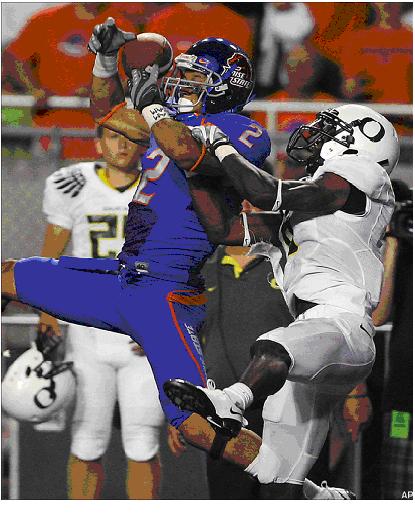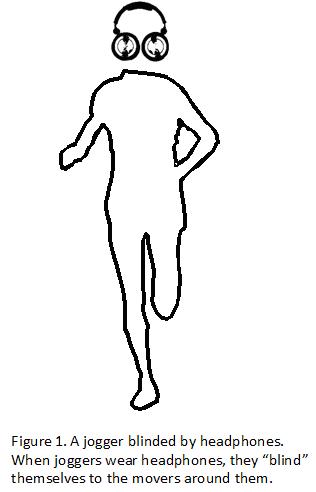There is an apocryphal story about a graduate mathematics student at the University of Virginia studying the properties of certain mathematical objects. In his fifth year some killjoy bastard elsewhere published a paper proving that there are no such mathematical objects. He dropped out of the program, and I never did hear where he is today. He's probably making my cappuccino right now.
Other people have an accent, but not me. And this is not just because I have no accent. I wouldn’t have an accent even if I had one!
Accent is a strange thing (as is my reasoning style). No matter the accent you get stuck with – southern, New Yorker, or my valley girl rendition – you feel as if it is the other accents that sound accented to you. Your own accent sounds, well, unaccented, like vanilla, corn flakes, or white bread. Arguments about which person “has an accent” don’t tend to be productive; just a lot of pointing and reiterating the pearl, “No, you’re the one with the accent.”
It’s nearing the end of American football season, with the Super Bowl fast approaching. These games involve displays of tremendous strength, agility and heart. What you may not have known is that some of the most talented players out on the field are doing it all with their eyes closed. Literally. The American football player Larry Fitzgerald of the Arizona Cardinals made news last year when photographers captured him catching the ball with his eyes closed. He apparently does this all the time. And it is not just Fitzgerald who does this: after just five minutes searching online I found evidence that acclaimed college wide receiver Austin Pettis of Boise State, this year’s Fiesta Bowl Champion’s, closes his eyes when catching, as seen in the photo here.
When aliens come to Earth to investigate life here, they don’t simply beam up a specimen and start probing. (And they’re also, by the way, not disproportionately interested in the anus.) Only a novice prober would do a simple beam-and-probe, and would surely get a quick rap on a proboscis from the instructor. The problem with abducting an animal of interest, all by itself, is that you can’t understand an animal without an appreciation of the environment the animal inhabits.
Joggers love their head phones. If you ask them why, they’ll tell you it keeps them motivated. The right song can transform what is by all rights an arduous half hour of ascetic masochism into an exhilarating whirlwind (or, in my case, into what feels like only 25 minutes of ascetic masochism).
Music-driven joggers may be experiencing a pleasurable diversion, but to the joggers and bikers in their vicinity, they’re Tasmanian Devils.
“Respected expert and director of the institute…”
These are the words you hear as you are being introduced at a black-tie speaking engagement. You are an inventor, scientist, or artist, and this flattering introduction is music to your ears; had you seen these words written in the paper you would have saved a copy to show Mom.
Finally, you are at the place every creative mind wishes to reach. The words wash back over you. “Respected”: The members of your community appreciate you. “Expert”: Your more than twenty years of dedication to the field have not gone unnoticed. “Director”: You have powerful tools and competent personnel to support your efforts. And “Institute”: Your work has attracted the funding of government, benefactors or investors.
 Is Your Doctor "Health Blind"?
Is Your Doctor "Health Blind"?  The Ravenous Color-Blind: New Developments For Color-Deficients
The Ravenous Color-Blind: New Developments For Color-Deficients Don’t Hold Your Breath Waiting For Artificial Brains
Don’t Hold Your Breath Waiting For Artificial Brains Welcome To Humans, Version 3.0
Welcome To Humans, Version 3.0









